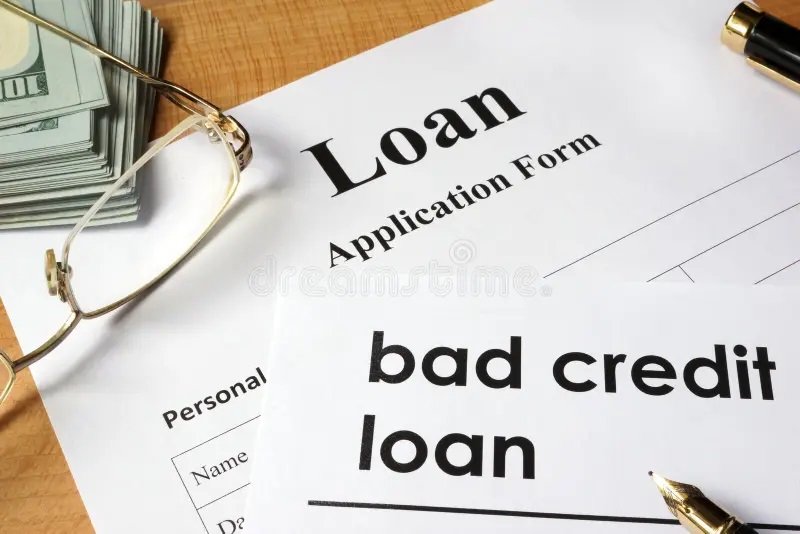When it comes to property insurance in Europe, it can be difficult to navigate due to various financial guidelines, regulations, and practices. Property insurance is critical for protecting assets from risks like fire, theft, and natural disasters. However, the legal frameworks and market conditions across Europe mean that insurance can differ significantly. In this article, we will examine the financial guidelines for property insurance in Europe and provide answers to frequently asked questions to help property owners and investors make informed decisions. To make the information easy to understand, we will keep sentences short and direct, and use everyday language instead of acronyms, jargon, or legal language. We will also use the verb form of the word instead of the noun form and use the active voice to make the information clear and concise.
Financial Guide for Property Insurance in Europe
1. Understanding the Basics of Property Insurance in Europe
Property insurance in Europe covers residential, commercial, and industrial properties. It includes various policies that protect property owners and renters against losses or damages. The coverage generally extends to:
- Building Insurance: Covers the structure itself against damage.
- Contents Insurance: For movable items within the building.
- Combined Policies: Cover both building and contents.
Each European country has its own regulatory body and rules governing insurance. For example, the Financial Conduct Authority (FCA) in the UK and Bundesanstalt für Finanzdienstleistungsaufsicht (BaFin) in Germany play critical roles in oversight and consumer protection.
2. Financial Guidelines and Regulation
Insurance Premiums
Premiums for property insurance vary based on risk assessment, property value, and coverage scope. Insurers use actuarial data to determine likely risks and corresponding premiums. In Europe, several factors influence premiums:
- Location: Areas prone to natural disasters may see higher premiums.
- Property Value: Higher-value properties cost more to insure.
- Security Measures: Properties with modern security systems often qualify for lower premiums.
Capital Requirements
European insurers are subject to stringent capital requirements under frameworks like Solvency II. This EU directive ensures that insurers maintain sufficient capital reserves to meet their obligations toward policyholders. It emphasizes the financial stability of insurers, thus protecting the interests of policyholders across Europe.
Claims and Compensation
The European Insurance and Occupational Pensions Authority (EIOPA) ensures that claims processes are transparent and fair. Policyholders should be aware of the claims procedure and timelines set by their insurer. In case of disputes, national bodies provide resolution mechanisms.
3. Consumer Protection and Rights
Consumer protection is robust in European property insurance markets. Regulations ensure transparency, requiring insurers to provide detailed policy information and full disclosure of all terms and conditions. Consumers have the right to:
- Access Comprehensive Information: Insurers must provide details about premiums, cover limitations, and exclusions.
- Cooling-Off Period: Most countries offer a period during which policyholders can cancel new insurance policies without penalty.
- Appeal and Complaint Procedures: There are established procedures for appealing insurer decisions and for filing complaints.
4. Market Trends and Innovations
The European property insurance market is witnessing significant transformations driven by technological advancements and changing consumer expectations. Insurtech startups are introducing innovations like AI and IoT to enhance risk assessment and claims processing. Moreover, there’s a growing trend towards more customized insurance products catering to specific needs.
5. Best Practices for Property Owners
Property owners should adhere to several best practices to maximize their insurance benefits:
- Regularly Review and Update Insurance Coverage: To ensure it matches the current property value and includes recent enhancements or purchases.
- Understand Policy Details: Including exclusions and deductibles.
- Compare Offers: From multiple insurers to find the best rates and coverage.
FAQs about Property Insurance in Europe
How does property insurance in Europe differ from other regions like the US?
European property insurance typically involves more comprehensive consumer protection laws and a focus on fairness in claims processing. The market is highly regulated with mandatory solvency and capital requirements.
What is the impact of climate change on property insurance premiums in Europe?
Climate change is leading to increased frequencies of natural disasters such as floods and storms, resulting in higher premiums, particularly in vulnerable areas. Insurers are also increasingly factoring environmental sustainability into their risk assessments.
Can I purchase property insurance from any EU country?
Yes, the EU’s single market allows insurers licensed in one EU country to operate across others. However, local laws and conditions will apply, and it is often advisable to purchase insurance from local providers familiar with specific regional risks.
What should I do if I am dissatisfied with my property insurance provider?
First, approach the customer service department of your insurer. If unresolved, you can contact the national regulatory body or ombudsman dedicated to insurance disputes in your country.
Are there any tax benefits or obligations associated with property insurance in Europe?
Tax implications of property insurance vary by country. In some cases, premiums may be tax-deductible, especially if the property is used for business purposes. However, it’s best to consult a tax professional in your specific jurisdiction.
Conclusion
Property insurance in Europe is a complex field influenced by a mix of local regulations, market practices, and broader EU directives. For property owners and investors, understanding these nuances is key to securing adequate protection and leveraging insurance for financial stability and peace of mind. As the market continues to evolve, staying informed and proactive in managing property insurance is more crucial than ever










